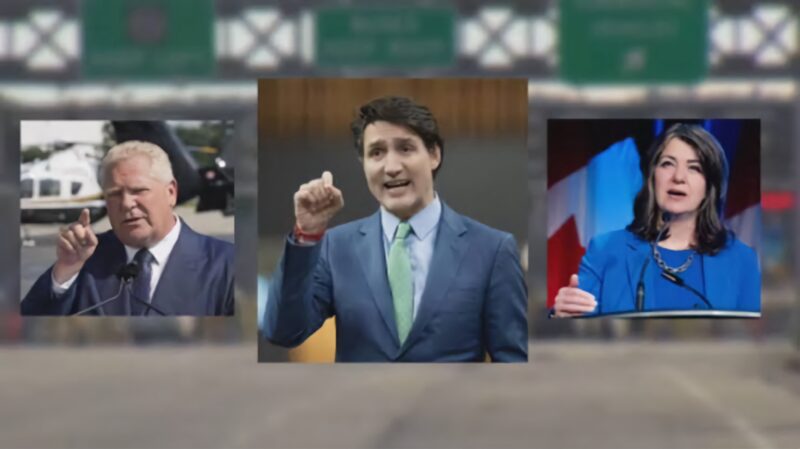Ottawa unveils a $1.3 billion border security initiative aimed at addressing U.S. concerns over illegal migration and drug trafficking, countering Trump’s tariff threats, and preserving North America’s economic ties.
Canada has announced sweeping measures to strengthen its border security with the United States in response to President-elect Donald Trump’s threat of a 25% tariff on Canadian goods. The tariff, set to take effect in January if Canada fails to address irregular migration and illegal drug flows, could deal a heavy blow to the country’s economy, economists warn.
Finance Minister Dominic LeBlanc unveiled the C$1.3 billion ($900 million) plan on Tuesday, calling it a robust effort to secure the border while preserving trade and travel vital to North America’s prosperity.
Key Measures to Bolster Border Security
The plan focuses on five pillars:
- Disrupting the Fentanyl Trade: Introducing aerial surveillance, including drones, helicopters, and mobile towers, to monitor border activity.
- Enhancing Law Enforcement Tools: Allocating funds for new drug detection technologies and trained dog teams at high-risk ports of entry.
- Joint Strike Force: Establishing bi-national teams with U.S. authorities to target synthetic drug production, transnational crime, and operational surges.
- Information Sharing: Boosting coordination between Canadian and U.S. law enforcement.
- Traffic Control: Limiting unauthorized movements between border ports of entry.
LeBlanc expressed optimism after preliminary talks with Trump’s incoming “border tsar,” Tom Homan, and highlighted the importance of binational cooperation.
Canada Responds to U.S. Pressure
The announcement aligns with concerns raised by Trump regarding the flow of fentanyl and undocumented immigrants into the U.S. While crossings at the northern border remain significantly lower than at the U.S.-Mexico border, Canada has faced increased scrutiny.
Mexico, too, is under threat of a similar tariff, raising stakes for trade partners across North America.
Political Shake-Up Amidst New Measures
LeBlanc’s announcement came on his first day as finance minister following the sudden resignation of Chrystia Freeland. Freeland, who also served as deputy prime minister, cited disagreements with Prime Minister Justin Trudeau in a scathing resignation letter.
Her departure adds strain to Trudeau’s weakened minority government. However, Trudeau struck a defiant tone at a recent Liberal Party event, emphasizing the resilience of his team.
“This team doesn’t hold the record for the longest minority in Canadian history because we shy away from tough moments,” Trudeau said.
The new border plan and the political reshuffle signal Canada’s effort to balance domestic challenges with international pressures ahead of a turbulent new year.










Join our Channel...